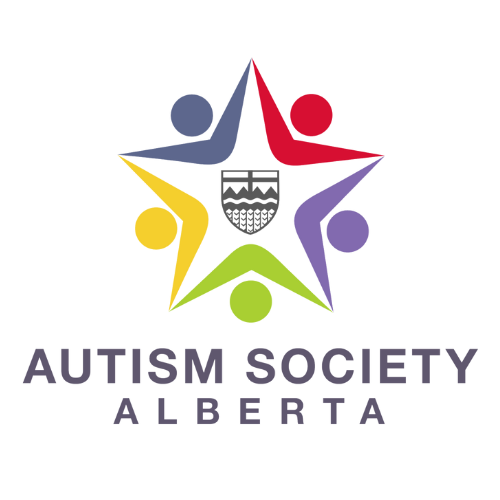Post Secondary – Access to Post-Secondary Education
Recorded July 13, 2024. The Post Secondary Community of Practice steering committee discusses education for autistic adults while students share experiences of accessing education in various post secondary institutions.
Presenters
David Nicholas, PhD
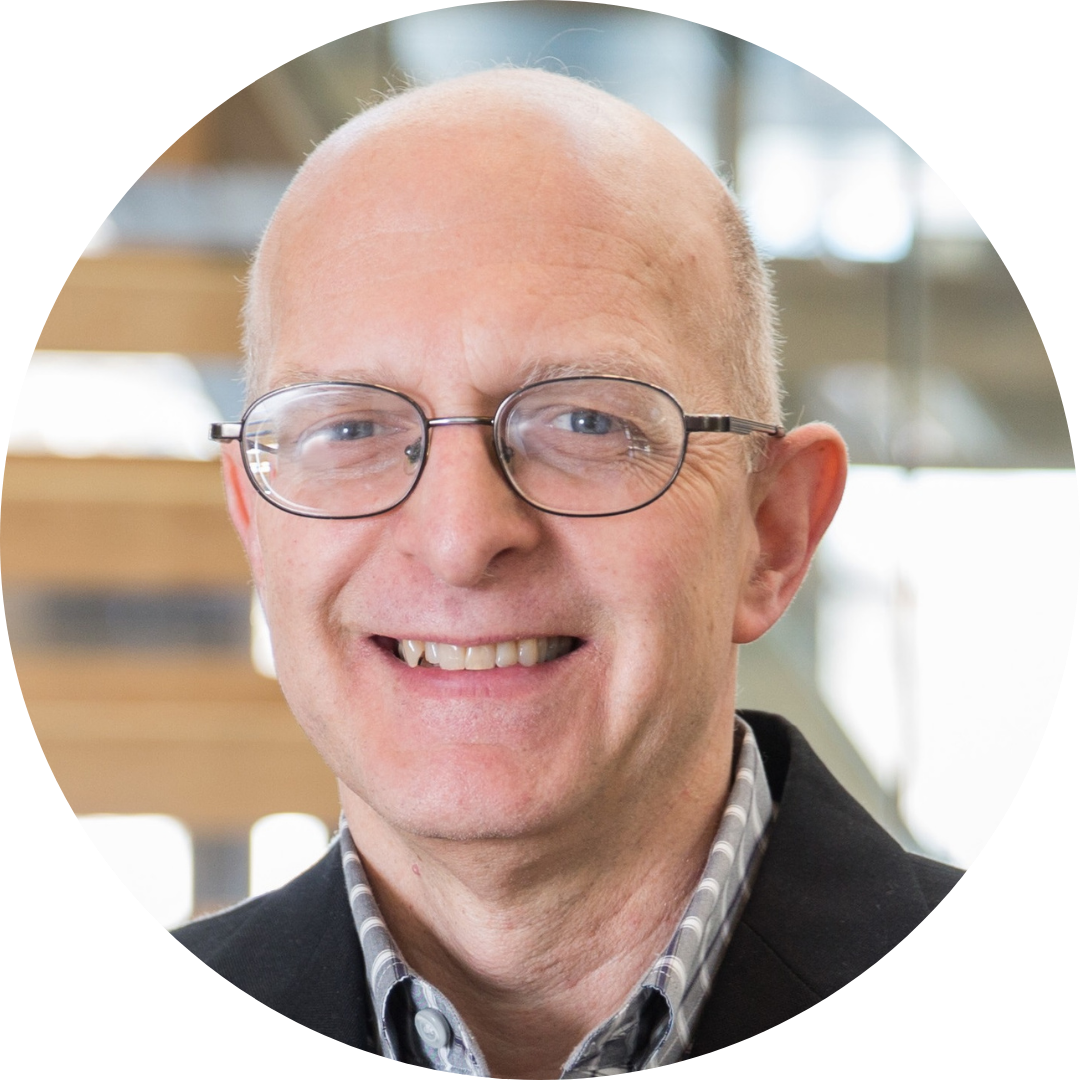
Dr. David Nicholas is a family advocate, university instructor, researcher and social worker. He has been engaged in the Autism community for many years, and has been involved in several studies addressing post-secondary education among Autistic and Neurodivergent students. Dr. Nicholas is Professor and Associate Dean, Research and Partnerships in the Faculty of Social Work at the University of Calgary. He is a Fellow of the Canadian Academy of Health Sciences.
Dr. Nicholas was co-chair of the ‘Economic Impact’ sub-group in contributing to a report for the Public Health Agency of Canada by the Canadian Academy of Health Sciences. This report was developed to inform an eventual National Autism Strategy. An important component of this work included examining post-secondary education access for Autistic individuals. Beyond these areas of focus, Dr. Nicholas brings research experience in human rights and quality of life, transition to adulthood, and greater access to employment, with a focus on Autism. He has offered presentations nationally and internationally in the area of Autism. and has worked in the community to achieve greater equity and inclusion.
Heather M. Brown, PhD
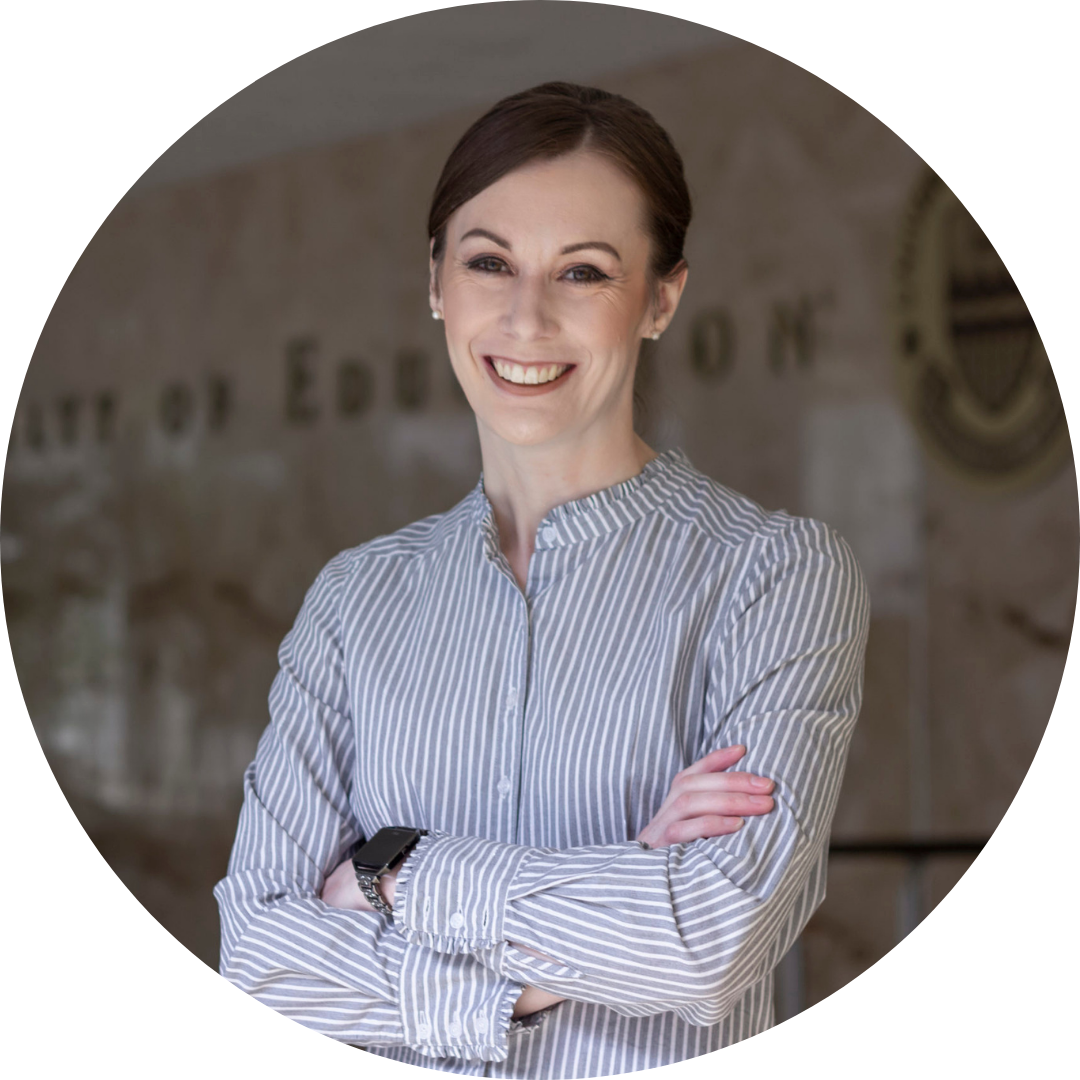
Dr. Heather M. Brown was initially trained as an elementary school teacher but is now an Associate Professor in the Faculty of Education at the University of Alberta. She is also an Autistic researcher passionate about supporting the academic achievement and overall well-being of Autistic children, youth and adults. Her community-based participatory research aims to empower Autistic individuals to be more self-confident in their neurodiversity and better understand the factors that most support their well-being at home, work and school. She currently serves as the director of the Autism, Neurodiversity and Academic Achievement (AIDAN) Lab as well as the chair of both the Neurodiversity and Autism Research in Education Committee (NAREC) for the American Educational Research Association (AERA) and Autistic and Neurodivergent Scholars Working for Equity in Research (ANSWER) for the Autism Intervention Research Network on Physical Health (AIR-P) at UCLA.
Sandy Thompson-Hodgetts, PhD, OT
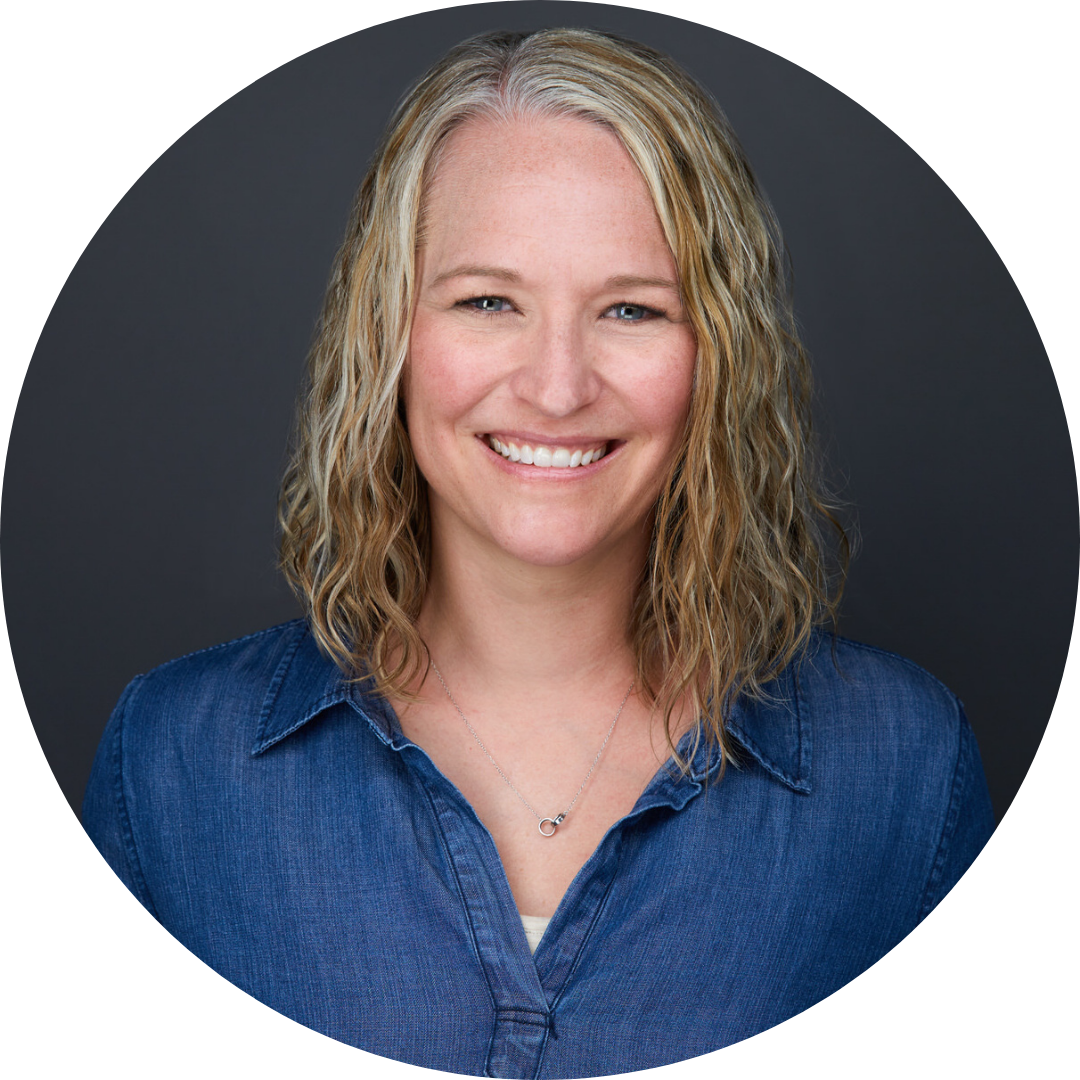
Dr. Sandy Thompson-Hodgetts is a university instructor, researcher, occupational therapist, and ally. She is Associate Professor, Occupational Therapy, Faculty of Rehabilitation Medicine, University of Alberta. She has been engaged in the Autism community for the past two decades, and has been involved in multiple studies addressing inclusion, participation, self-determination, goal-setting, stigma, and transition planning for Autistic people across childhood, adolescence and adulthood. Dr. Thompson-Hodgetts believes that increasing the number of Autistic health care providers and educators is crucial to enhancing outcomes for Autistic people, and is a strong advocate for increasing opportunities for post-secondary education for people on the autism spectrum, especially in health, social service, and education professions.
Brooke Leifso (she/they), MA
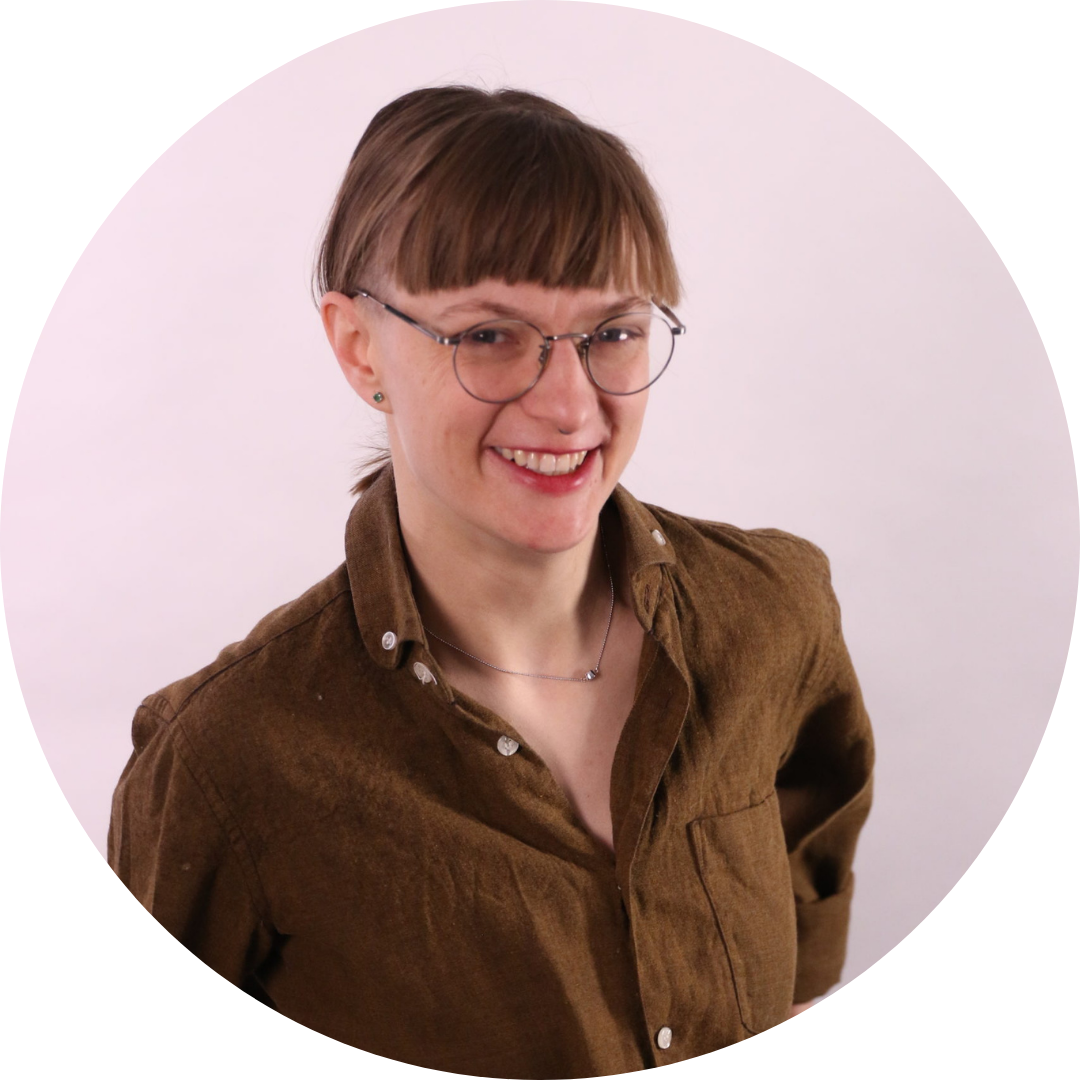
Brooke Leifso is a Disabled/Crip applied researcher and social change facilitator. She brings many levels of lived experience to the NorQuest College Workplace Accessibility research chair position and uses an intersectional disability justice social model approach in her work. She has lived experience of disability and disability advocacy, facilitating support groups for parents with disabilities (Gateway Association), and adults with developmental disabilities to self-advocate and build community (Self Advocate Federation) and has worked for many years as a front-line Child and Youthcare Counsellor working with youth in government care with multiple diagnoses. In addition, Brooke brings her graduate education in conflict transformation and peacebuilding and intercultural theory to disability focused accessibility and inclusion.
Brooke has led on two research projects using Autism CanTech! as a case study: addressing Autistic-led definitions of barriers and supports to employment, factors of good quality of work for Autistic youth, assured income impacts on employment quality, and the social return on investment of Autistic focused employment programs. Outside of employment accessibility, Brooke works within professional theatre and accessibility.
